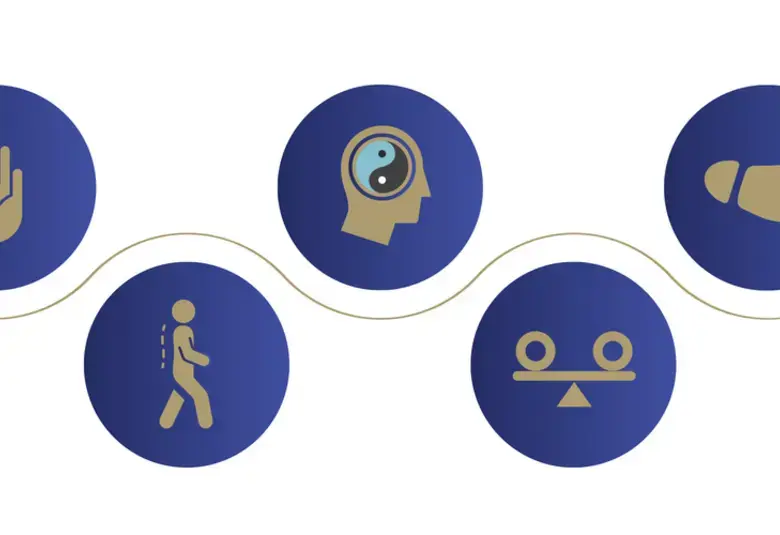E-health tools are now widely used in community mental health care for diagnostics, treatment, education and training; and there are many types for different audiences, said Professor Stojan Bajraktarov, Skopje, North Macedonia at WCP 2021. One tool — a tablet-based approach developed in the UK to ensure all patient-physician consultations are therapeutically effective, improves patient’s quality of life and is being implemented in low and middle-income countries in South Eastern Europe.
E-tools can be used for treatment, diagnostics, education and training
Advances in mobile technology, sensors and artificial intelligence provide many new diagnostic and therapeutic opportunities, said Professor Stojan Bajraktarov, Skopje, North Macedonia, and their implementation and adoption have been accelerated during the COVID-19 pandemic.
DIALOG+ — a patient-centered approach to improve therapeutic outcomes
DIALOG+ is a tablet-based approach developed at Queen Mary University of London, UK, to ensure all patient-physician consultations are therapeutically effective. Its use has been shown to be beneficial and to improve quality of life.1–4
DIALOG+ is informed by quality-of-life research and enables the physician and patient to sit opposite each other and interact as the patient rates their satisfaction on a scale from 1 to 7 for eleven domains as follows, said Professor Bajraktarov:
- Eight subjective quality-of-life domains — mental health, physical health, job situation, accommodation, leisure activities, partner/family, friendships, and personal safety — which also enable patients to discuss problems, such as finance and sexual function
- Three treatment-related domains related to outcomes — medication, practical help, meetings with clinicians5
The patient is asked if they need help in any of the domains.
The patient then identifies the three domains they consider to be most important for further discussion during the consultation, which centers on the following four topics in turn for each domain:
- Understanding
- Looking forward
- Considering options
- Agreeing on actions
For each topic the patient is asked why the domain is important for them and then encouraged and empowered to develop solutions to address their own specific needs.6
Patients are encouraged to adopt a solution-based approach to address their specific needs
The same process is followed for each consultation so the patient’s progress can be followed and compared over time by both the physician and the patient.
The European Commission has now provided funding for the implementation of DIALOG+ in five low and middle-income countries in South Eastern Europe to improve functioning, quality of life and mental health outcomes for patients with psychosis,7 said Professor Bajraktarov.
For the latest updates on sea.progress.im, subscribe to our Telegram Channel https://bit.ly/telePiM
Our correspondent’s highlights from the symposium are meant as a fair representation of the scientific content presented. The views and opinions expressed on this page do not necessarily reflect those of Lundbeck.




